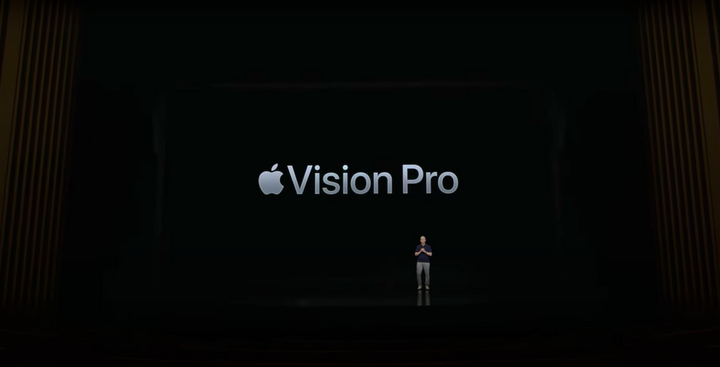5 Skills You Need to Master for Success in the Artificial Intelligence (AI) Era

Every industry is changing due to artificial intelligence (AI), which also opens up new possibilities for growth and innovation. For employees, however, it also presents formidable difficulties as they must adjust to the shifting demands of the digital economy. The World Economic Forum predicts that by 2025, AI may replace 85 million jobs. On the bright side, the report also states that 97 million new jobs may be created, better suited for the collaboration between humans and AI.
What steps can you take to get yourself ready for the workplace of the future and ensure that your skills continue to be in demand and valuable? Here are five ways to future-proof your career in the age of artificial intelligence (AI).
1. Improve your capacity for creativity and critical thought.
The performance of tasks that are repetitive, predictable, and based on rules is something that AI excels at doing. However, it needs help with activities that require creativity, originality, and judgment. As a result, human workers who can generate novel ideas, solve complex problems, and make decisions based on accurate information will have a competitive advantage over machines. You should look for opportunities to learn new things, investigate different points of view, and challenge your own assumptions in order to develop these skills. It would be best if you also worked on articulating your ideas in an understandable and convincing way, both orally and in writing.
2. Support upskilling and lifelong learning.
Because AI is constantly developing and improving, the demand for skills could become irrelevant the day after tomorrow. To keep up with the rate at which things are changing, you need to cultivate a mindset of learning for the rest of your life and consistently improve your knowledge and skills. You can accomplish this goal by enrolling in online courses, attending workshops, reading books and articles, listening to podcasts, and becoming a member of professional networks and communities.
You should also be willing to continuously learn from others, especially the people whose behaviours you want to emulate, and you should be open to doing so. These competencies include leadership, collaboration, communication, emotional intelligence, empathy, and creative problem-solving. These abilities distinguish us as uniquely human and allow us to connect with others, find solutions to problems, motivate change, and produce something of value. You need to emphasize these human skills and ensure that you are continually improving them if you want to future-proof your career in this age of artificial intelligence (AI). Individuals with distinct histories and life experience distinct from your own.
3. Make use of various AI-based tools and platforms.
For human workers, AI is both a threat and an ally. It can help you increase productivity, automate tedious tasks, and expand your capabilities. For instance, you could use AI tools like ChatGPT, GPT-4, Bard AI, or Microsoft's Bing to produce content, analyze data, create designs, or conduct research. By utilizing these resources, you can increase the quality of your work, save time and effort, and concentrate on job duties that are more strategic and creative.
4. Develop your social and emotional intelligence.
Artificial intelligence (AI), which can mimic human emotions and behaviours but cannot completely replace them, cannot replace the sincere human connection and empathy essential for effective communication and collaboration. Therefore, humans will have an advantage over machines if they can comprehend their emotions and those of others, effectively manage their stress and emotions, and develop strong relationships with various people. It would help to practice active listening, providing and receiving feedback, constructively resolving conflicts, and expressing gratitude and appreciation to develop these skills.
5. Be adaptable and flexible.
Because of AI, the workplace is becoming more dynamic and uncertain, necessitating workers to be flexible and adaptable to shifting circumstances and expectations. You must handle ambiguity, accept change, and grow from mistakes. Additionally, you should be open to trying out novel strategies, taking calculated risks, and seizing fresh opportunities. You can overcome obstacles and succeed in AI by being adaptable and flexible.



